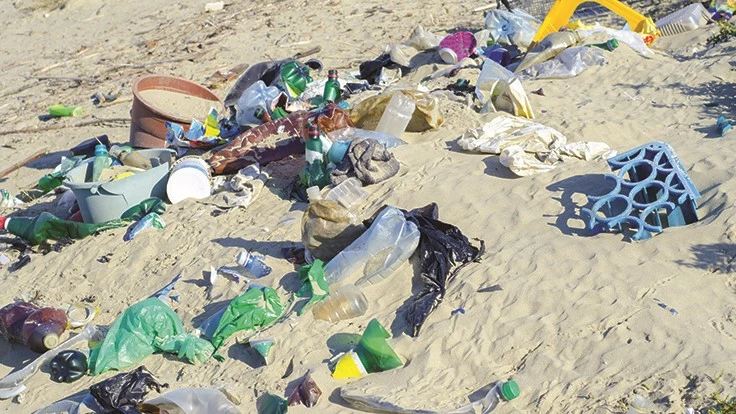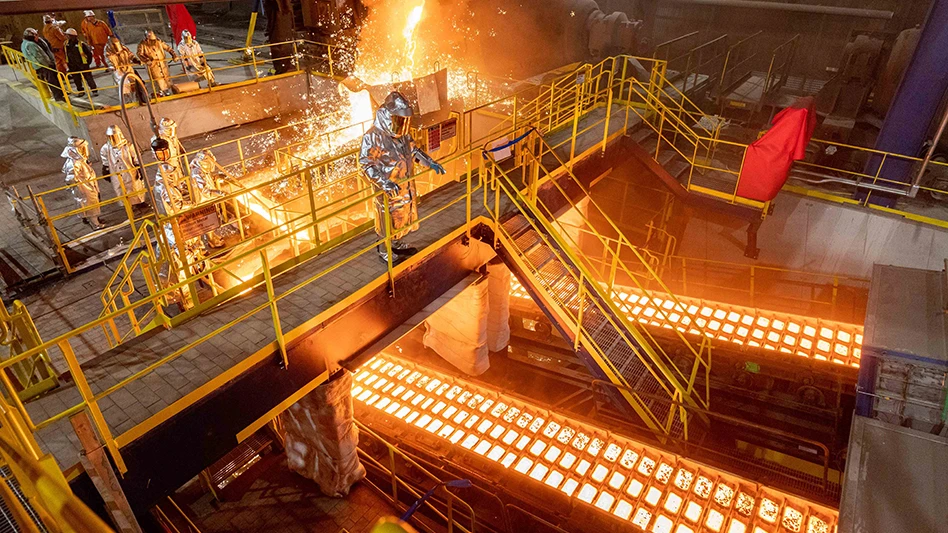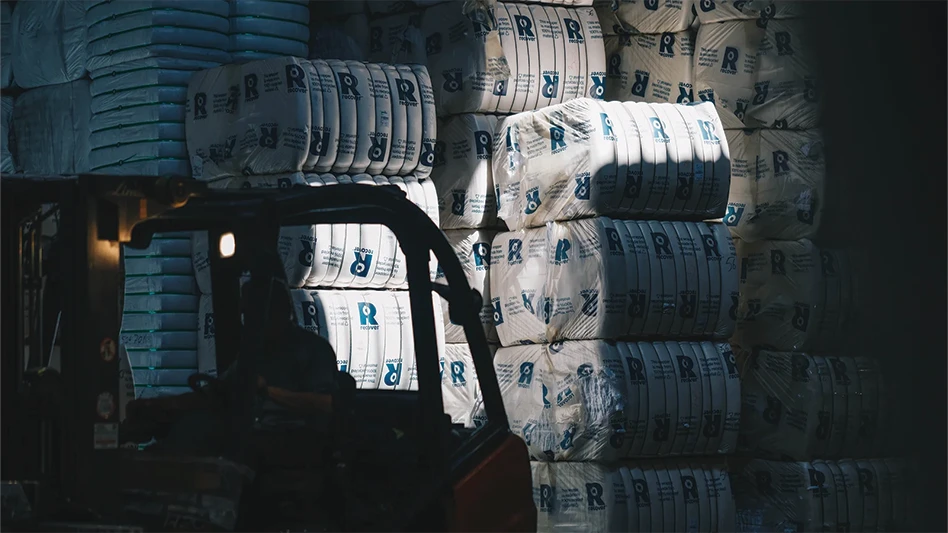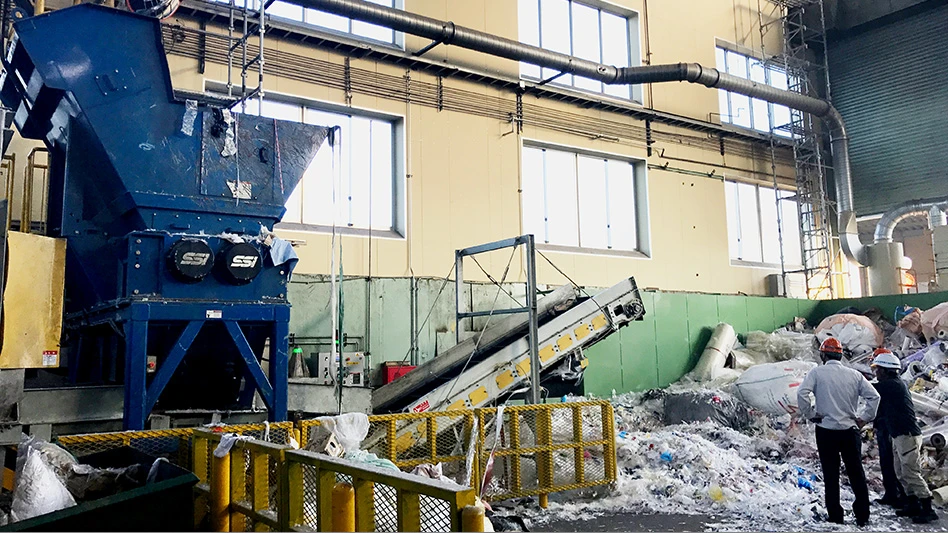
Congress unanimously passed the Save Our Seas Act in 2018, which reauthorized the National Oceanic and Atmospheric Administration’s Marine Debris Program and called for the U.S. government’s help in supporting international waste management solutions to reduce marine debris.
June 26, the Senate introduced Save Our Seas (SOS) Act 2.0, which continues to address the issue of marine debris. The proposed legislation supports scientists and agencies who seek to repurpose used plastics into infrastructure, such as bridges and roads. It also supports research into technology that can convert used plastics into chemicals, feedstocks and other new products. Additionally, the bill creates a state revolving fund to strengthen the recycling infrastructure in the U.S.
The Plastics Industry Association (Plastics) and the American Chemistry Council (ACC), both based in Washington, applaud Congress’ effort.
Steve Russell, vice president of ACC's Plastics Division, says, “America’s plastic makers strongly support the bill’s focus on developing ways to repurpose our plastic resources.”
“Plastics is proud to support SOS 2.0, which will build upon the progress the industry is making to address marine debris across the world,” says Patty Long, interim president and CEO of Plastics. “New proposals like the Marine Debris Response Trust Fund as well as more research to understand the root causes of this global issue and federal support for improving water and waste management infrastructure are all critical to any effort to comprehensively address the threat marine debris poses to our oceans and waterways.”
Latest from Recycling Today
- Biden officially blocks Nippon Steel’s acquisition of US Steel
- Highland Sanitation awarded solid waste and recycling contract in Wanamingo, Minnesota
- Ecobat gathers support for California permit renewal
- RecyclX platform designed to provide materials transparency
- Turkish mills sampled wide scrap market in 2024
- GLE Scrap Metal acquires interest in Mallin Cos.
- 2024 marks strong year for Van Dyk
- Recycled metal portrayed as former dictator’s fiefdom





